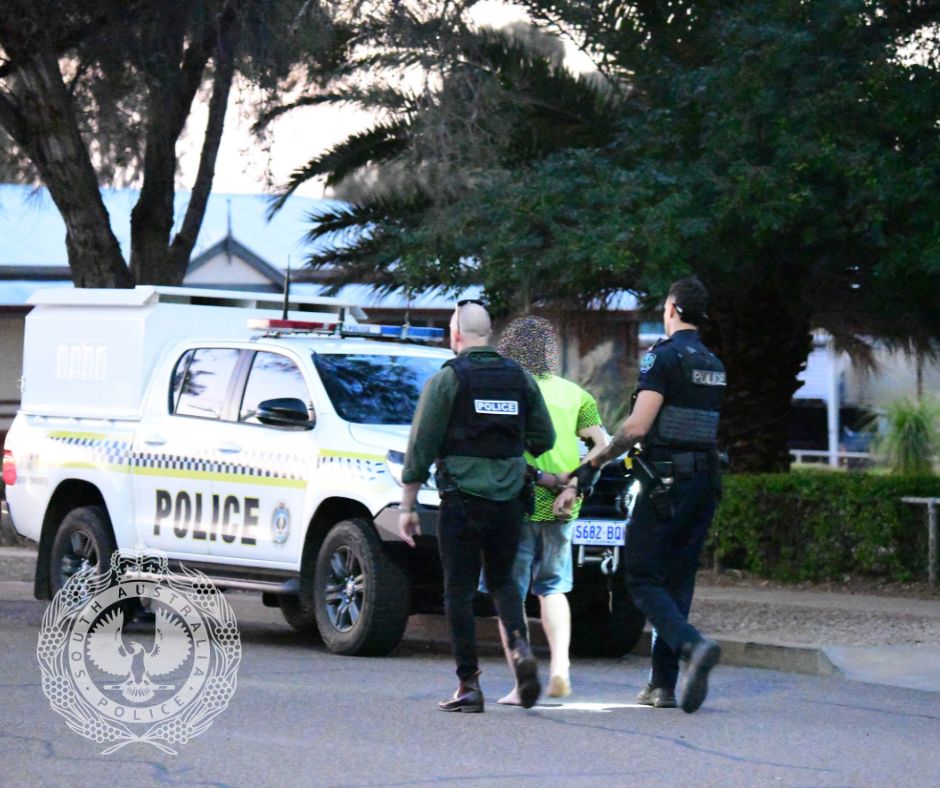Associate Environment Minister Eugenie Sage today announced $381,000 in Government funding to enable farmers and growers to better deal with waste.
The funding, from the Ministry for the Environment’s Waste Minimisation Fund, will mean farmers and growers can more easily recycle or safely dispose of a wider range of on-farm waste such as agrichemicals, scrap metal, soft plastics and used oil.
Rural recycling programme Agrecovery will manage the project by offering one-stop-shop events where farmers and growers can drop off waste. The events will accept a wide variety of waste over and above what Agrecovery’s existing agrichemical scheme accepts.
The Minister made the announcement at the South Island Agricultural Field Days in Canterbury.
“This funding will enable the programme to offer a new one-stop-shop approach to allow farmers to drop off agrichemicals and their containers as well as other farm waste, including bulk fertiliser bags, used oil, scrap metal, silage/bailage wrap and other soft plastics at the same time.
“Waste on farm has traditionally been burned, buried or stock-piled which can have significant health risks and can cause air and water pollution. This project would see rural waste either recycled, or disposed of, in an efficient, safe and managed way.
“This Agrecovery project will also help develop options for New Zealand’s first mandatory product stewardship – for agrichemicals and their containers,” Eugenie Sage said.
The one-stop-shop approach builds on an existing scheme.
“Currently farmers are able to drop off agrichemical containers at close to 100 collection sites around the country under a voluntary product stewardship scheme run by Agrecovery,” Eugenie Sage said.
Agrecovery also collects large quantities of containers and drums from farms, and disposes of unwanted agrichemicals. The manufacturers who participate in the programme fund it by paying a levy on the products they sell into the marketplace.
“We all need to take responsibility for reducing the impacts of the products we manufacture, sell and use on nature and the wider environment. Product stewardship helps us shift away from the ‘take, make and dispose’ economic model to a more efficient and less wasteful circular economic model where materials are reused or recycled at the end of a product’s useful life,” Eugenie Sage said.
“Burning, burial and bulk storage of waste on farms have been the main methods for managing rural waste traditionally, creating problems that this new project with Agrecovery will help to solve.”
A previous project managed by Environment Canterbury established the need for the new one-stop-shop, as well as the impacts on and risks to New Zealand’s natural resources, economy, and social and cultural wellbeing from burning, burying and stockpiling rural waste.
The Ministry for the Environment is also co-ordinating work on mandatory product stewardship schemes for tyres, refrigerants and lithium ion batteries.
More information on the Ministry for the Environment’s Waste Minimisation Fund:
More information on Agrecovery






